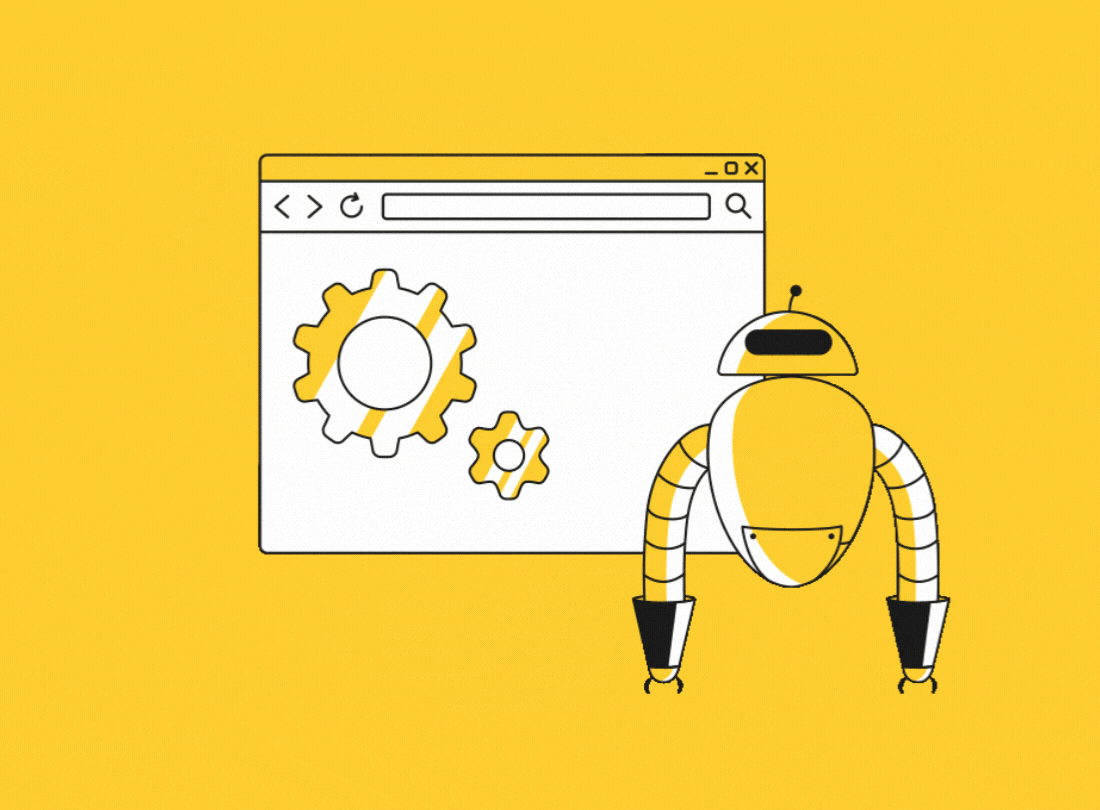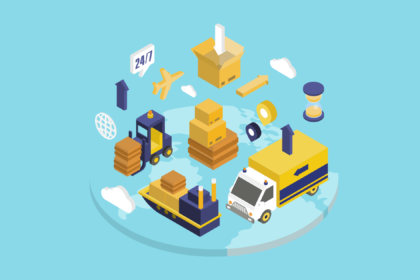The retail industry has been undergoing a digital transformation for years. It has improved in speed, efficiency, and accuracy, thanks, in large part, to improved data and predictive analytics technologies that allow firms to make data-driven business decisions. None of these insights would be possible without the internet of things (IoT) and, more importantly, artificial intelligence (AI).
Retailers now have access to high-level data and information, which they can utilize to improve operations and open up new business opportunities. In fact, AI in retail is expected to create $40 billion in additional income over the next three years. Many industries use the term artificial intelligence, yet many people don’t fully get what it means.
Artificial intelligence and machine learning refer to the technology that can collect, process, and analyze large volumes of data to predict, forecast, inform, and support retailers in making reliable, data-driven business decisions. These technologies can even work on their own, transforming raw data from IoT and other sources into actionable insights with the help of advanced analytics.
AI Applications in Retail
AI has a significant impact on the retail industry, accelerating and automating a handful of functionalities. Below, we’ll discuss a list of AI applications in retail to give you a headstart:
Provides valuable data to keep track of Inventory
In the retail industry, artificial intelligence is improving demand forecasts.
AI business intelligence systems foresee industry movements and make proactive changes to a company’s marketing, merchandising, and business strategies by mining insights from the marketplace, customer, and competition data. This has ramifications for supply chain planning, pricing, and promotional planning.
Creating interactive chat programs in the retail business is a fantastic way to employ AI technologies while improving customer service and engagement. These bots use AI and machine learning to engage with customers, answer common questions, and direct them to useful answers and outcomes. As a result, these bots collect crucial client data and then label the data that can be used to inform future business decisions.
Maintaining appropriate stocks is a major concern for retailers. By connecting more aspects of their business and using AI to help with inventory management, retailers may get a holistic view of their stores, customers, and merchandise.
Helps you understand customer behavior
The more you understand customer behavior and trends, the more you’ll be able to meet demand and provide the best products possible.
AI might help retailers improve demand forecasting, pricing, and product positioning. As a result, customers have access to the right products at the right time and in the right place.
Predictive analytics can help you order the right amount of inventory, ensuring that shops don’t have too much or too little on hand. AI may be able to track data from online channels, enabling better e-commerce activities.
New kinds of AI can help you understand customer intent and personalize the shopper’s journey accordingly at the retail edge. One instance is marking some areas in stores using heat mapping. Cameras and computer vision combine to indicate which items are picked up, returned, and where the customer goes after leaving the shelf.
Empowers you to offer stellar customer support
Whether it’s a little boutique or a worldwide behemoth, businesses strive to deliver quick, customized, and delightful shopping experiences.
Customers should be able to locate what they’re searching for easily, obtain assistance when needed, and check out swiftly. These operations are streamlined by AI to help generate more fulfilling client experiences.
Customers are being recognized by mobile and digital portals, which are personalizing the e-commerce experience to reflect their current environment, previous purchases, and buying activity.
Artificial intelligence (AI) systems are continually evolving a user’s digital experience to develop hyper-relevant displays for each interaction. Customer engagement may be measured using digital signage with computer vision, and real-time advertising tailored to the audience can be served. AI gives additional opportunities to tailor experiences, from the retail edge to the cloud.
Manages fluctuating pricing
AI applications in retail outlets might aid in the pricing of items by showing the anticipated results of various pricing schemes.
Systems collect information on other items, promotional efforts, sales numbers, and other data in order to carry out this task.
Business owners can showcase the greatest deals to attract new clients and increase revenue. eBay and Kroger both use Artificial Intelligence to optimize their pricing and remain flexible in their capacity to modify rates and promotions based on the data they collect.
The price of a product is forecasted based on demand, seasonal trends, attributes, the release date of new versions of the same item, and other factors. Its most obvious application is in the travel business, but it might also be utilized in retail.
Consider an app or service that allows your consumers to see how the price of a product will change in advance. This is doable and simple to accomplish using Artificial Intelligence.
Improve shopping experience
During the buying process, Artificial Intelligence (AI) may also help in the detection and segmentation of your customers’ emotions. Walmart has already employed face recognition technology for this reason.
Each checkout line is equipped with cameras, and if a customer becomes agitated, a business employee will talk with him or her. Mood tracking will surely contribute to the formation of stronger client relationships. Business owners may utilize behavioral economics to build a customized strategy for each consumer using Artificial Intelligence technologies.
Wrapping up
AI’s role in the retail industry is increasing exponentially all the time.
Applications in retail are not only bound to a software end but several other fields such as Internet-of-things and robotics also play an important role in the development of such systems so this process includes most of the major engineering disciplines and because of such facts, any company that fails to focus on such developments might struggle to stay contemporary or compete internationally.
Such innovation not only increases the overall working skills but also eliminates the requirement for traditional or antiquated systems with intelligent automation, such as inventory management.
AI is simply changing the way stores function for the better. You can put your shop in a better position to make better decisions, increase sales, and eventually improve customer retention by implementing AI. So, there’s no better time than now to start incorporating AI into your daily operations.
As you consider how to include AI into your retail organization, keep in mind the several advantages listed above. You may be well on your way to attaining a whole new level of business growth in the months and years ahead with the correct AI technologies.
This article is a contribution by Melanie Johnson.

Melanie Johnson is an AI and computer vision enthusiast with a wealth of experience in technical writing. Passionate about innovation and AI-powered solutions. Loves sharing expert insights and educating individuals on tech.








